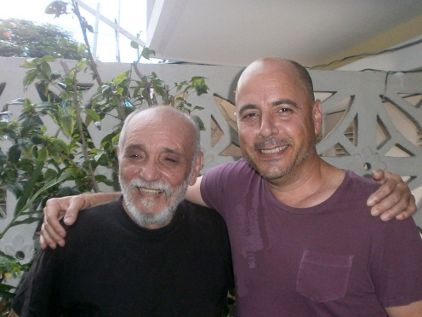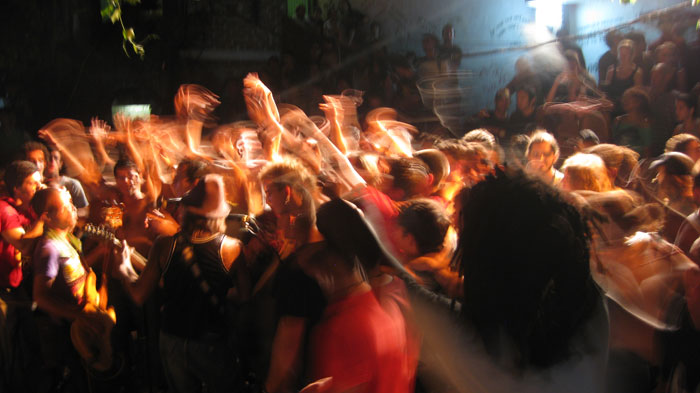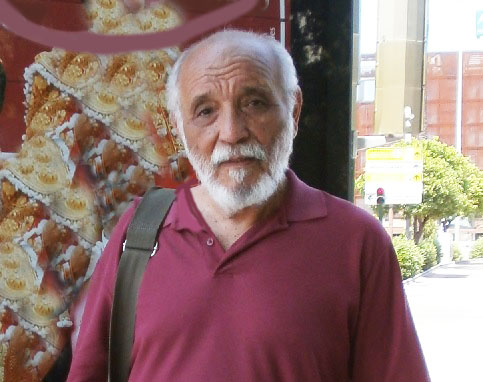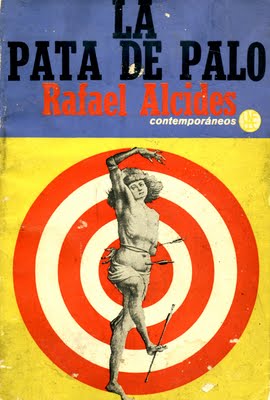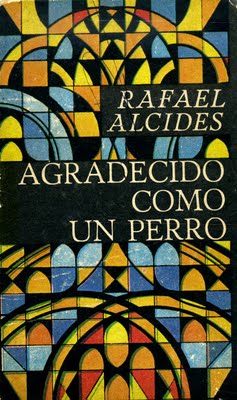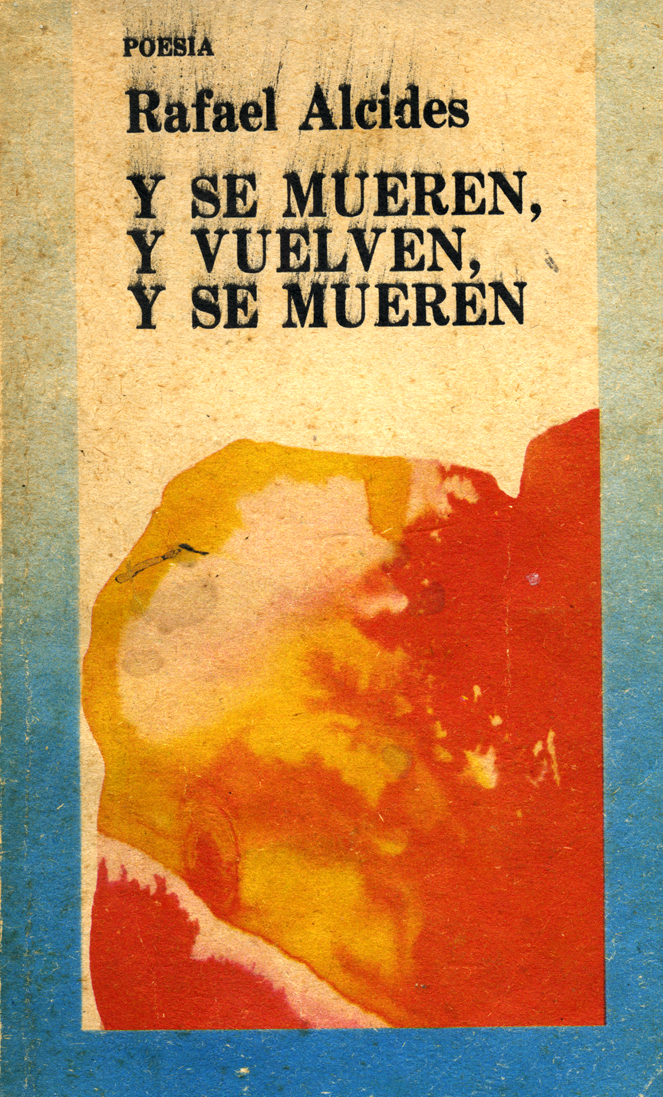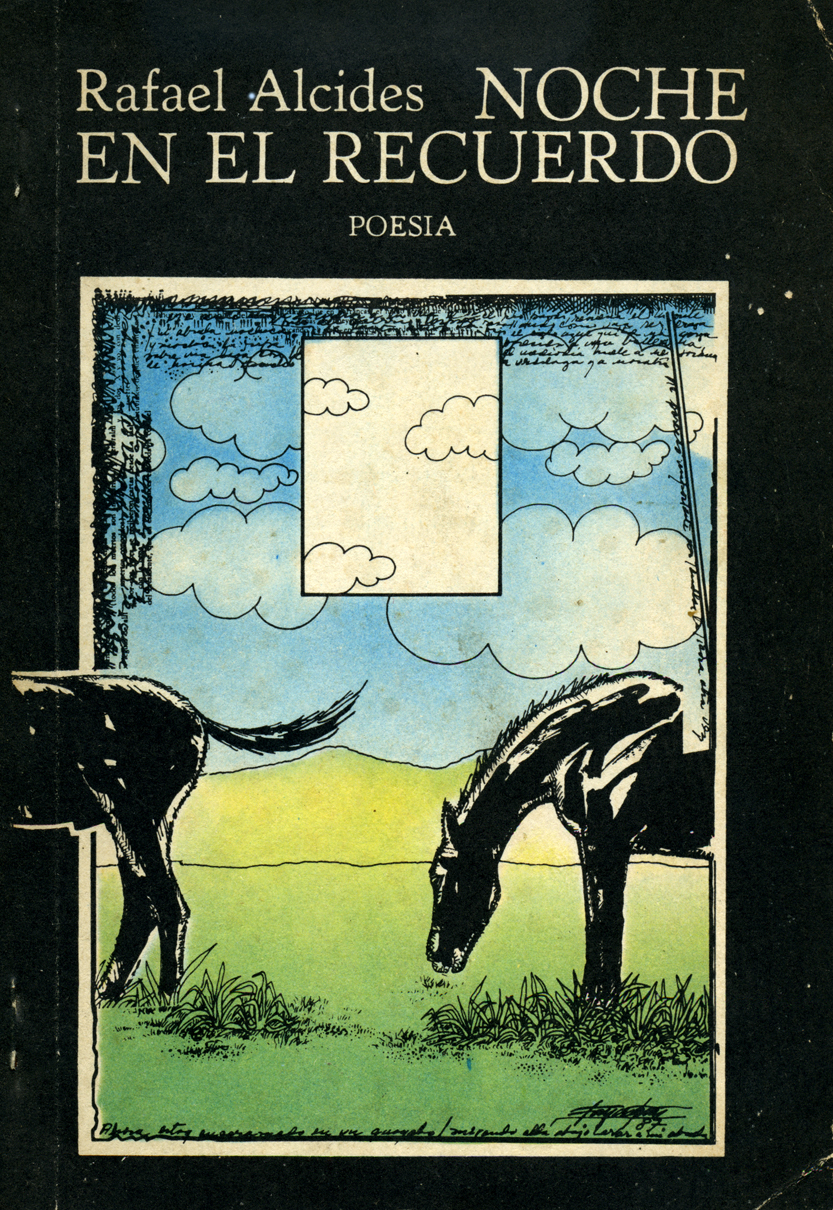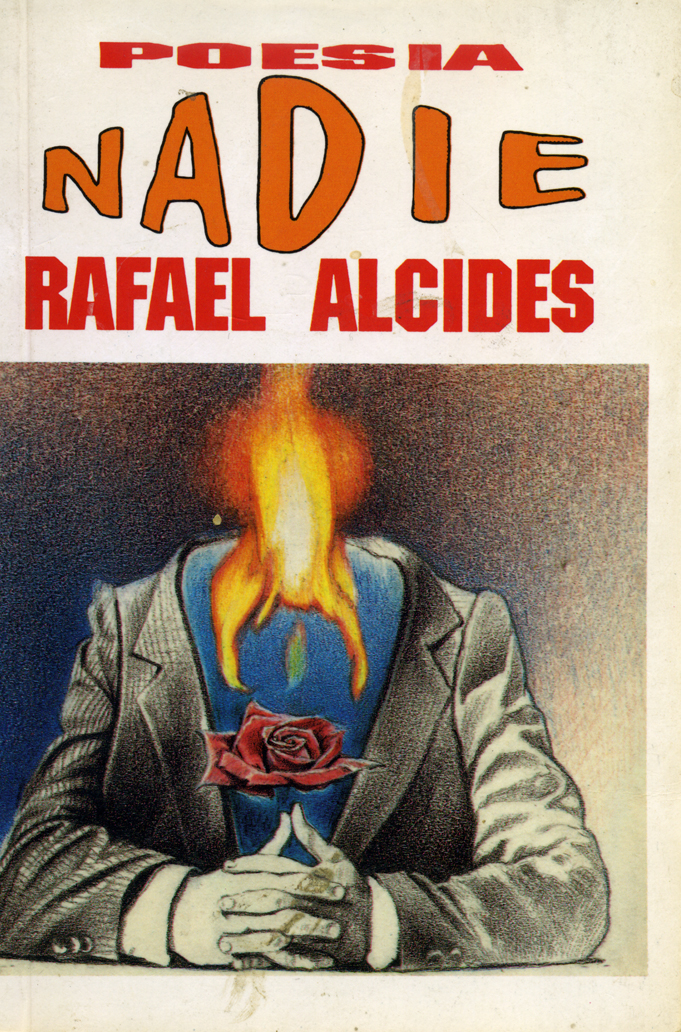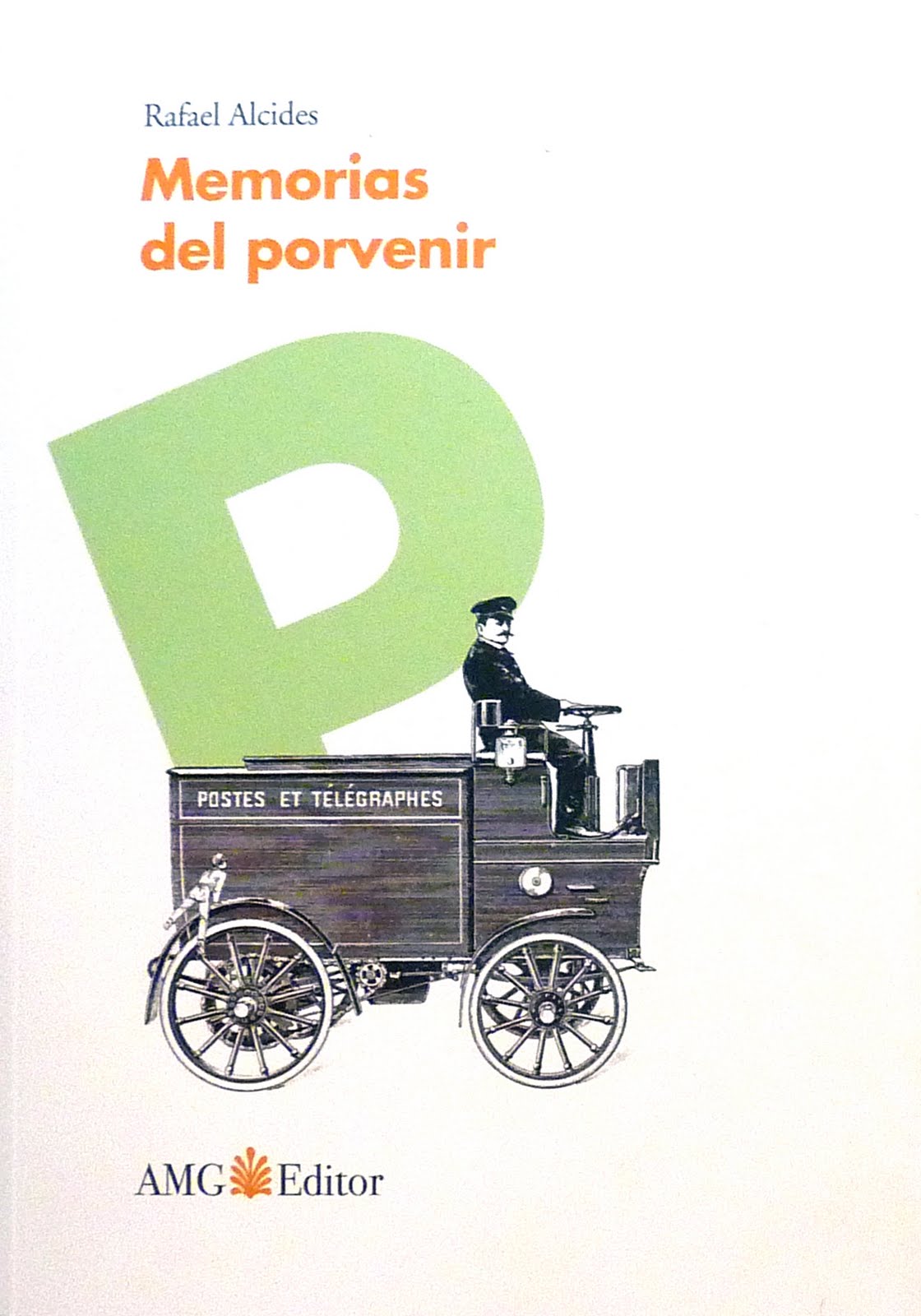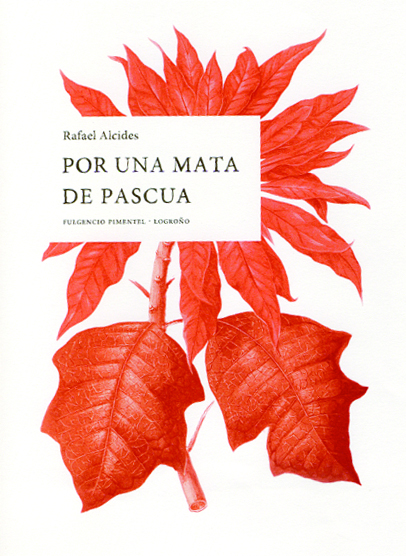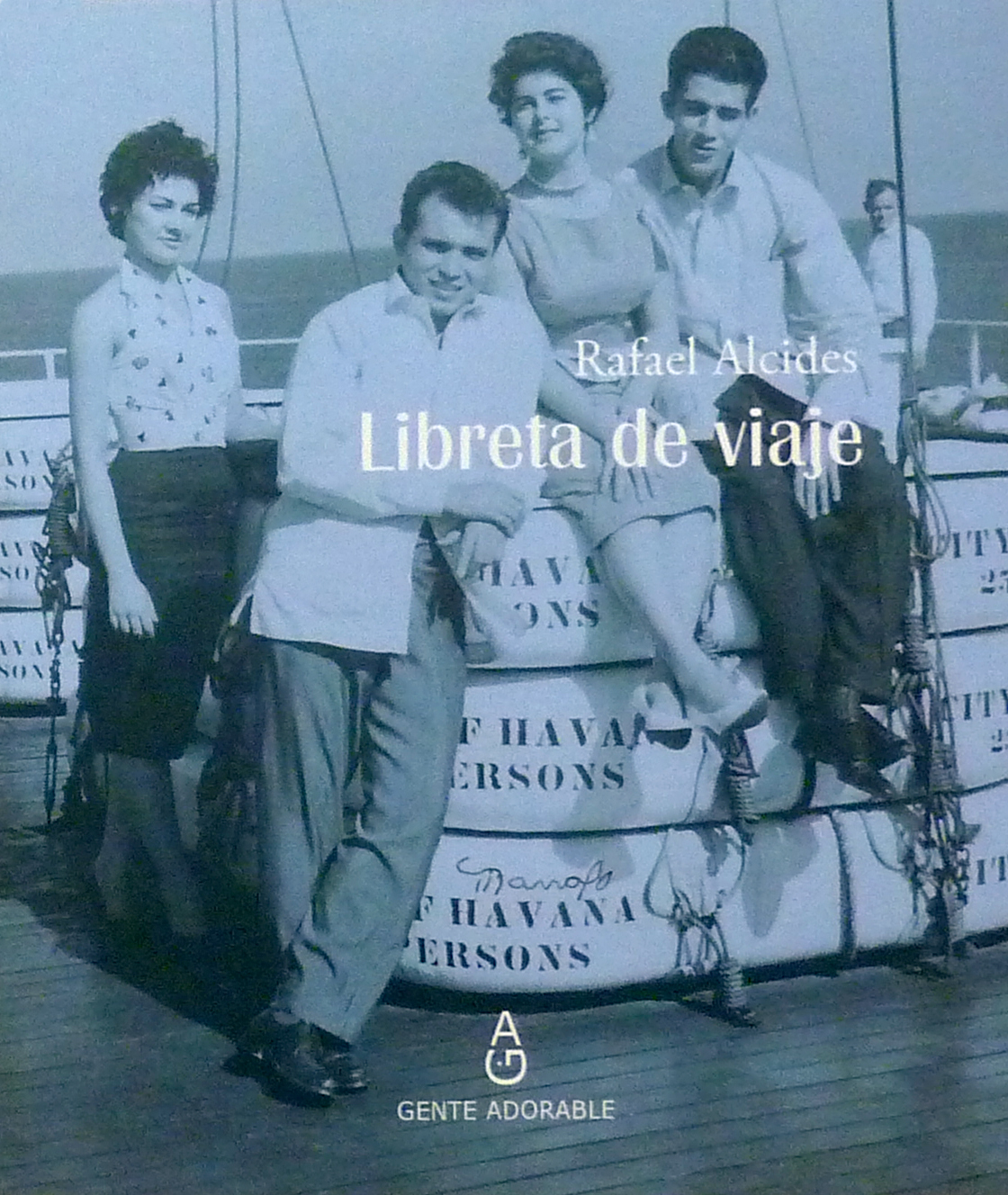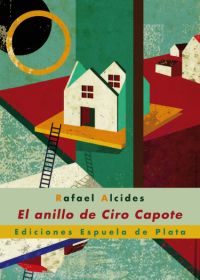In a very short video lasting less than a minute and a half, Javier Castro (about whom I have found no additional information) discusses one of Cuba’s social icebergs. Boys (and girls, to be politically correct) of primary and secondary school age reply on camera to an often-asked question. In the style of Cuban television news, their responses were narrowed down to match only what the producer wanted to show. Furthermore, the boys (and girls) were interviewed in what appeared to be a poor neighborhood; in Miramar or Vedado the responses would likely have been different. Nevertheless, the answers were still disturbing.
Hustlers (and hookers) or moving overseas, some said. Others aspired to be a DJ or a singer, a hotel manager, to own a money-making business, to be a flight attendant, a sailor, an economist, a chef, a restaurateur, a baseball or soccer player.
Except for the boy who wanted to be an astronaut, all the responses pointed to an overwhelming economic need that supersedes any ethical concerns. Policemen don’t count because they are very well paid, even without the money they make from extortion or bribes. And there was one that was particularly unsettling. It was the boy who would take everything for himself as he has already seen happen, the boy who wanted to be a dictator.
These boys (and girls) are quite used to hearing money being discussed at home. And although they are not included in the conversation, having to get by without it affects them. They learned very quickly that it couldn’t be helped, that wishes had to be postponed, lessons more valuable than any to be found in a book.
At this point anyone should be able to realize that not only education and health care are free, that there are other things that are also free and also worthwhile that were lost in the process of forging the New Man. They will not be recovered over the short term in the headlong rush to rebuild this odious variant of capitalism without democracy.
30 August 2013

